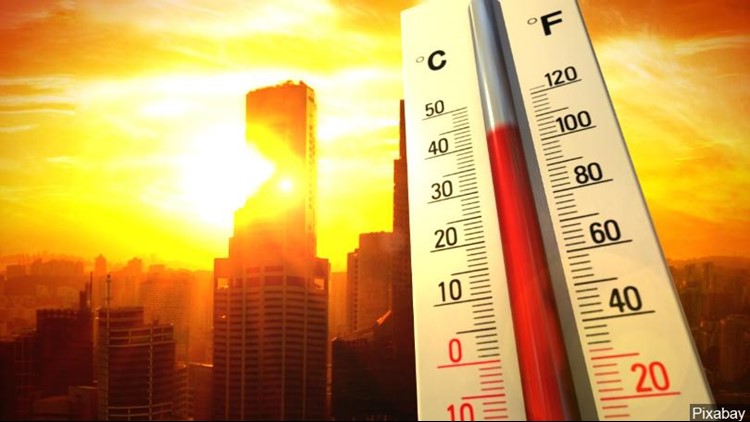We all know that "flu and cold season" occurs during our early winter months and can last through mid-spring. Weather is thought to be associated with this pattern.
First, we look at human behavior. During the winter, gatherings of large groups take place indoors. The air is constantly circulating in one small and contained area. It becomes easy for viruses to spread as people are constantly near each other and touching the same objects. On the other hand, during the summer a lot of large group gatherings take place outdoors. The area for air to move becomes much larger and less spreading is likely to occur.
Next, we look at how these viruses spread through indirect contact. When a person coughs or sneezes, respiratory droplets are released into the surrounding area. These droplets stay suspended in the air longer when the conditions around it are dry and cold. Much like we experience here in the Midwest. During the summer, the air is much more humid and warm. These respiratory droplets fall to the ground quicker and make the transmission of the illness more difficult.
Another factor is the state of people's immune systems during the summer. Humans receive most of their Vitamin D from the sun. In the winter, the sun's UV rays are weaker and most people go through a deficiency. Studies have shown that Vitamin D can be an immune system booster and help you fight illness better.
Although there is a notable connection that weather plays a big role in declining the amount of flu and cold cases in the summer, not every virus reacts this way. That is why there is no certainty right now that COVID-19 will decline during the summer months, despite how similar symptoms are to flu viruses.
Studies will continue to be done in the near future to see what the effects of the changing seasons will have on this illness. For now, the best thing that can be done is self-isolation and practicing good hygiene as often as possible.




